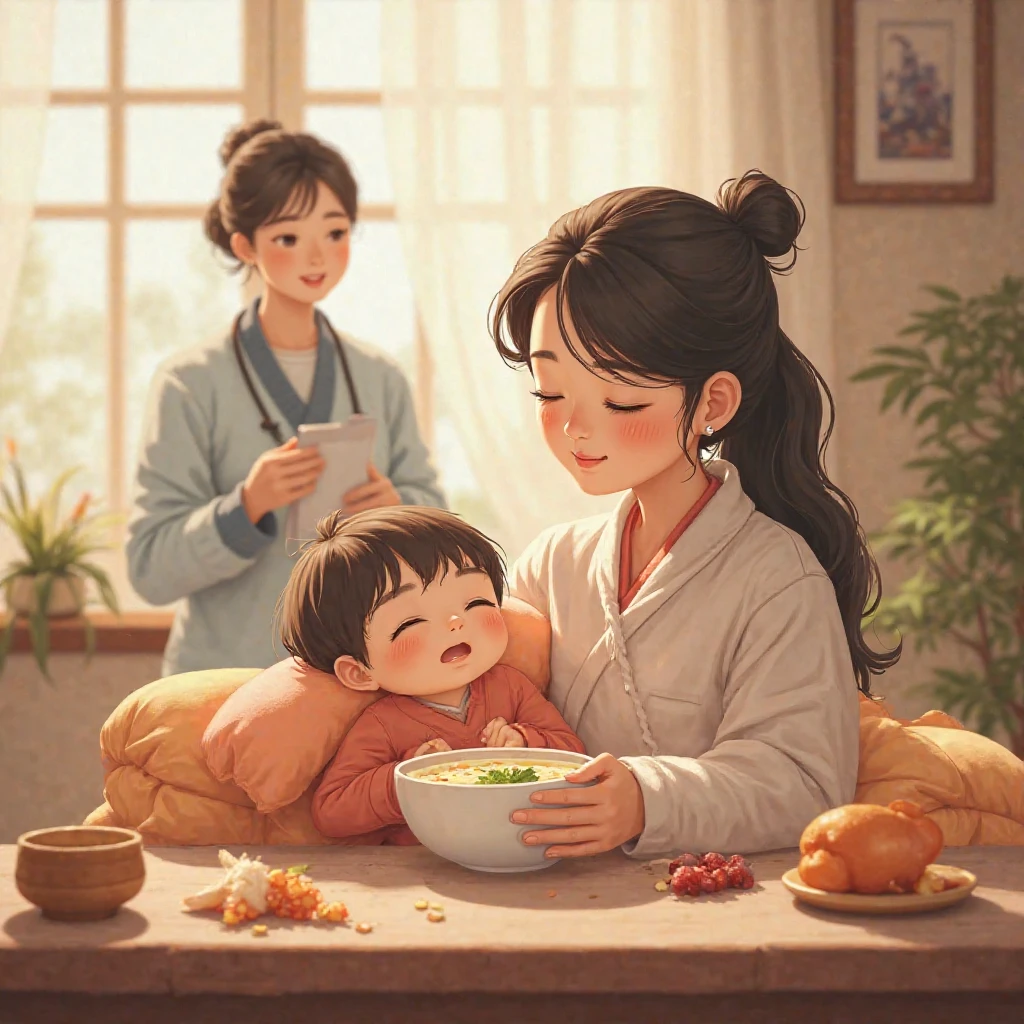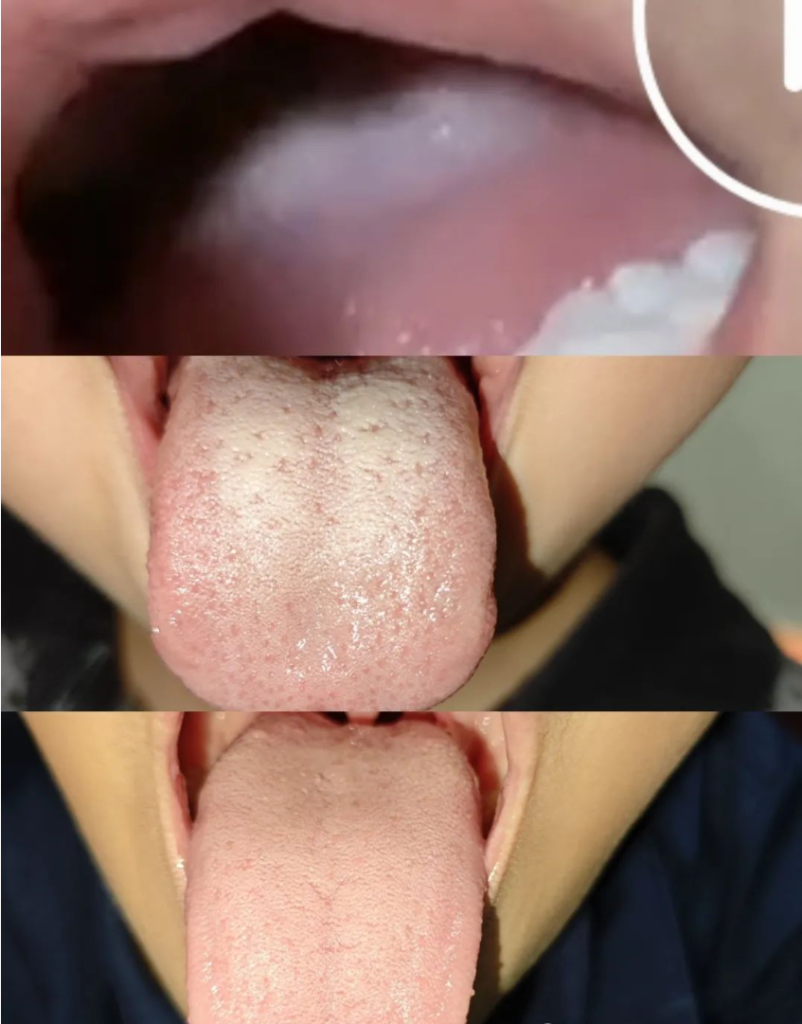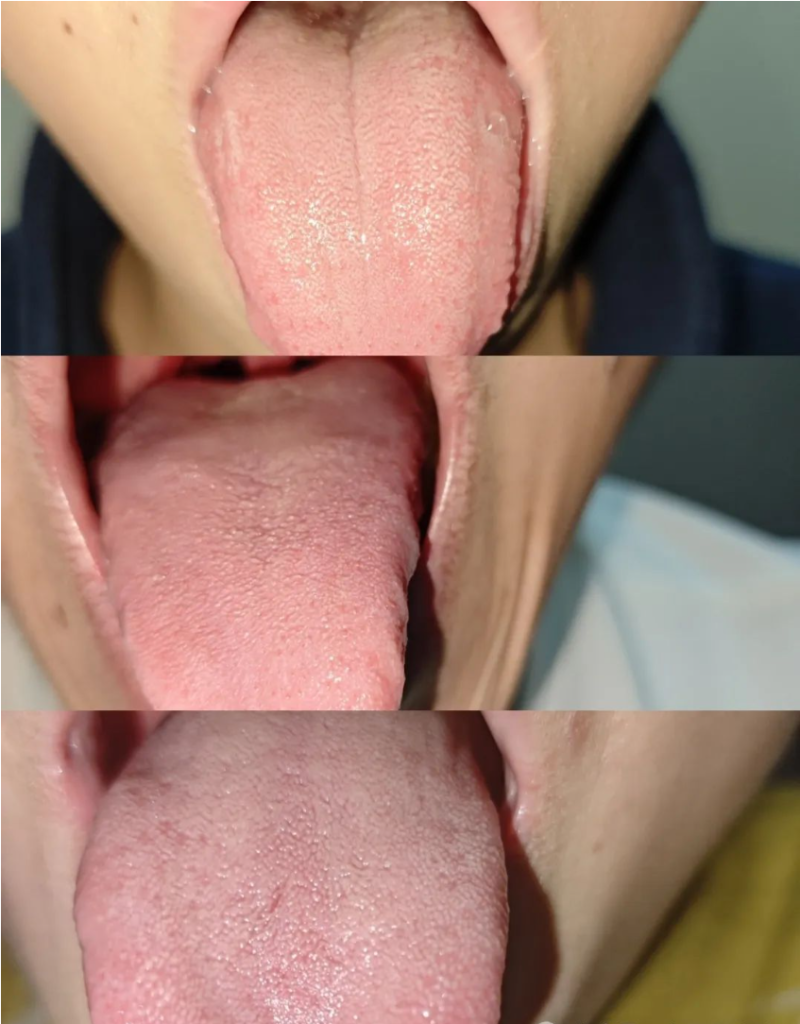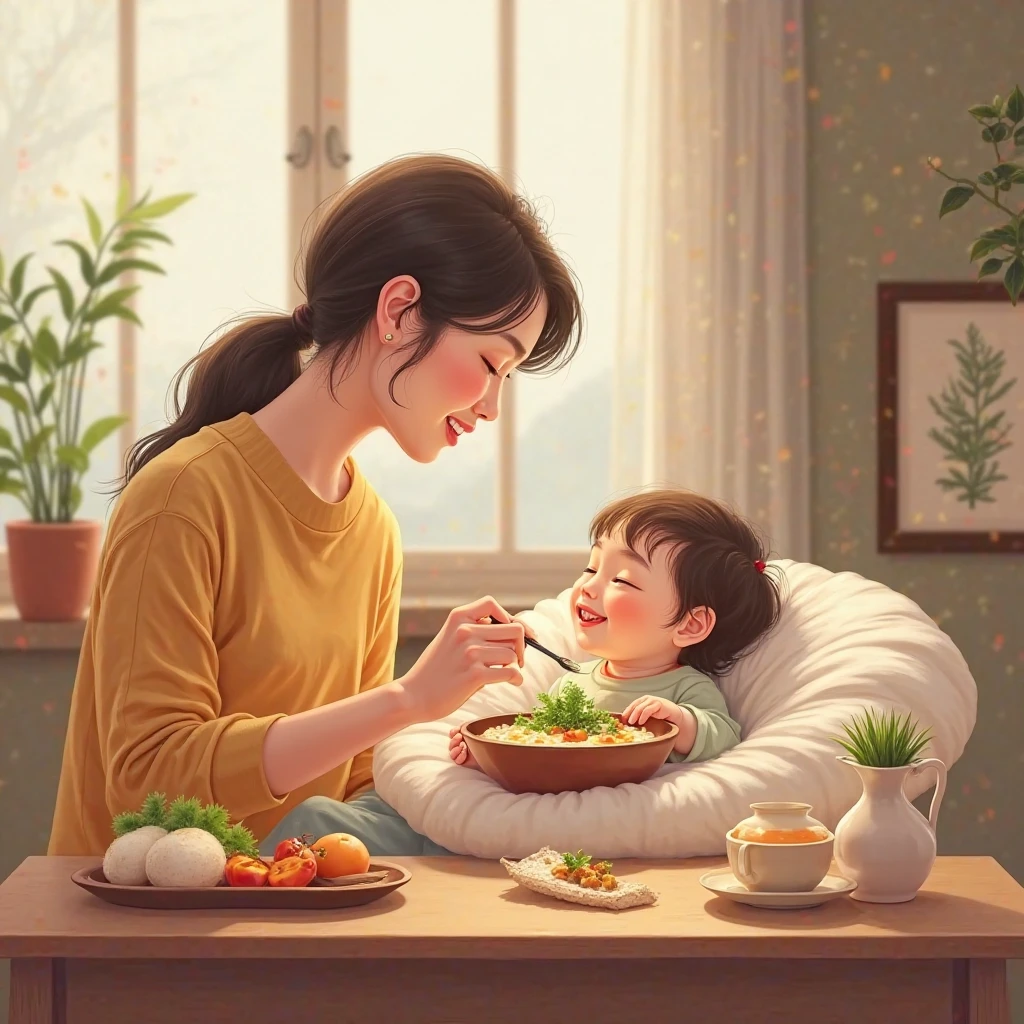现在小孩子的问题也不少,但离不开一个“虚”和“痰”。
“虚”主要是指小孩子脾胃不足,小儿发育之处,肾阳尚为稚阳,吃东西容易不消化,气血就不充足。现在小孩子不缺健康的食物,但缺乏健康的饮食习惯。要么太胖,要么太瘦,这都不叫健康,还是一个虚症。
“痰”主要是指小孩子因为消化不好,饮食不运,最后生成了痰湿排不出来,湿随气行,遇热成痰。
稽留在头面部,就成了“过敏性鼻炎”、“鼻窦炎”、“中耳炎”、“腺样体肥大”、“扁桃体肿大”,甚至“多动症”。
稽留在肺,成了“支原体”、“衣原体”、“肺炎”,甚至“哮喘”。
稽留在三焦,成了“过敏”、“皮肤病”。
稽留在脾胃,则成了“疳积”。
虽然做手术可以解决一时的问题,但本身痰湿运化的能力没有恢复,所以又会产生新的慢性炎症。
何况还有很多问题是手术也解决不了的,比如腺样体肥大后引起的容貌问题。
说到小孩子忌口,很多家长第一反应是觉得很难。
不过,当我们明白身体生病的原理,明白了这些病理产物都是从不健康饮食开始加重的,我们自然就会注重忌口的问题了。
一、吃:管住嘴,少更新
孩子的脾胃娇嫩,吃错了就容易积食、生痰湿,所以得严格。
- 原则基础:少吃油腻难消化的东西,多吃主食(米、面、麦),别老吃零食和水果。
- 肉类:
- 推荐猪肉(别吃猪头肉,太寒)、鸭肉,少量鸡肉(偏热)。
- 少碰牛羊肉、内脏、虾子,这些容易被锁湿气。
- 蔬菜:
- 春季别吃野菜、笋子、橛子,其他清淡菜随便吃。
- 水果:
- 不管热凉的,都容易生湿气,生病时尤其要忌口。
- 戒不掉可以用干果代替,比如莲子、海苔、山药饼、山楂,少量就好。
- 奶制品:
- 牛奶尽量别喝,尤其是感冒或积食时。婴儿喝母乳不影响,但孩子妈妈要注意饮食清淡,防寒保暖,情绪平和。否则母乳热重,孩子也会出现热重,积食的情况。调好妈妈体质,再给孩子泡个药浴就行。
- 零食:
- 辣条、奶茶、冰棒、喝勇敢不碰,伤脾胃。实在贪吃,挑干净的零食,看成分表尽量不要买有添加剂的。
- 用餐时间:
- 积食的孩子,睡前2小时别吃东西,否则消化不了还影响睡眠。

二、穿:保暖、御凉
孩子受凉是很多病的根源,尤其现在天气多变,得注意:
- 及时加衣:温差大时别露后背、肚脐、膝盖、颈部,防风寒。
- 睡眠保暖:出汗多就换衣服,调理好体质能保减少出汗。
- 小妙招:孩子踢被子容易着凉,可以买个U型抱枕,倒着放盖被子,既轻又挡风,孩子翻滚也不怕。

三、住:早睡+动起来
- 睡眠:孩子在长身体,10点前必须睡觉。晚睡伤气血,恢复慢。
- 运动:别老坐着看电视玩手机,散步、跑跳都行。阳气弱的孩子别游泳,身体太累。
四、行:心情好,病少找
- 情绪:别让孩子大喜大悲,家长可以读《弟子规》、《了凡四训》、《省心录》、《颜氏家训》、《朱子家训》,自己心态稳定了,孩子也平和。
五、附:忌口有讲究,发物因人而异
中医讲的“发物”不是固定不变的,而是看体质。比如阳虚的孩子喝凉水拉肚子,凉水就是他的发物;别人没事就不算。现在孩子大多脾胃虚还有痰湿,所以油腻、生湿的东西都得少吃。别担心营养不够,吃多了消化不了,反而取代痰湿,长囊肿、结节才麻烦。
今人的身体,绝大多数属于兼具“气血阴阳亏虚”和“痰湿”的体质。容易增加湿气和容易不消化的东西都可以尽量少吃点。
你不需要担心因为没有吃那么丰富而缺乏营养。因为你脾胃根本无法吸收那么多东西,吃了不代表吸收,反而你在不断的积累这些痰湿淤堵的东西。
湿聚成痰,痰再长大呢?就变成了囊肿,结节,结石,肌瘤,肿瘤等等病理产物。
很多问题不用等到最后去做手术,而是完全可以选择一个健康的生活方式,真正健康,长久快乐的生活方式。
水果咋吃?
想吃就选当季苹果、香蕉,一周2-3个。最好的标准是注意看舌苔,如果昨天吃了水果,过一个晚上的消化,舌苔中心仍然是白色的,就是消化不了的表现。那就说明还是不能多吃。
怎样区分白苔?见下图:


其实小儿吃零食是因为脾胃虚,脾胃虚才口淡,无味,故需要吃点有口味的东西,身体调理好了,自然就对零食没兴趣了。
我之前调理的案例里,有服药后渐渐不想吃辣条的,不想喝奶茶的,不想吃零食的,不想吃油重的。这是身体在好转,脾胃在恢复的表现。
当你的嗜欲越深时,其实身体也有不调。这时候就需要引起重视了。
总结
孩子的问题,根在“虚”和“痰”,手术只能解一时,健康还得靠日常。管吃穿住行,尤其是饮食忌口,孩子少生病,家长少操心。从今天开始学习这些小调整吧,健康的生活方式才是今日之计!


发表回复